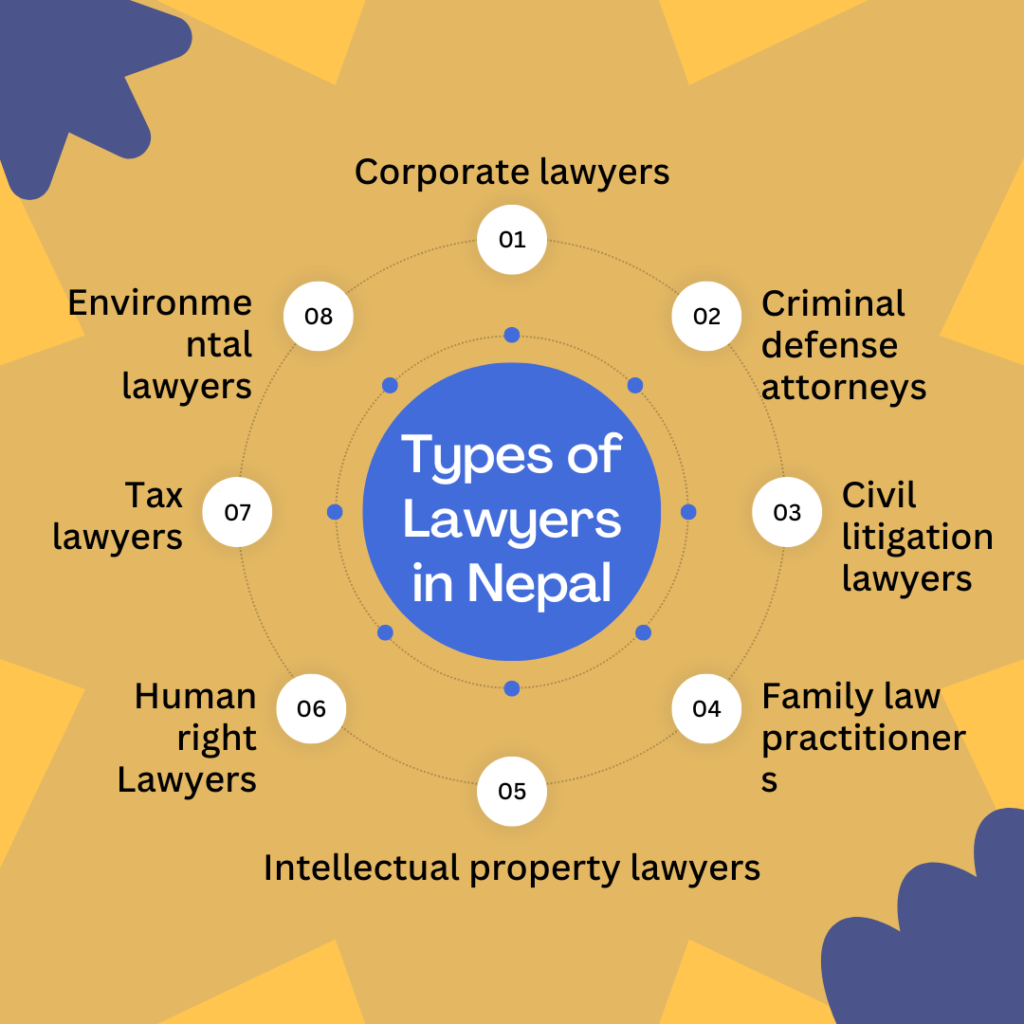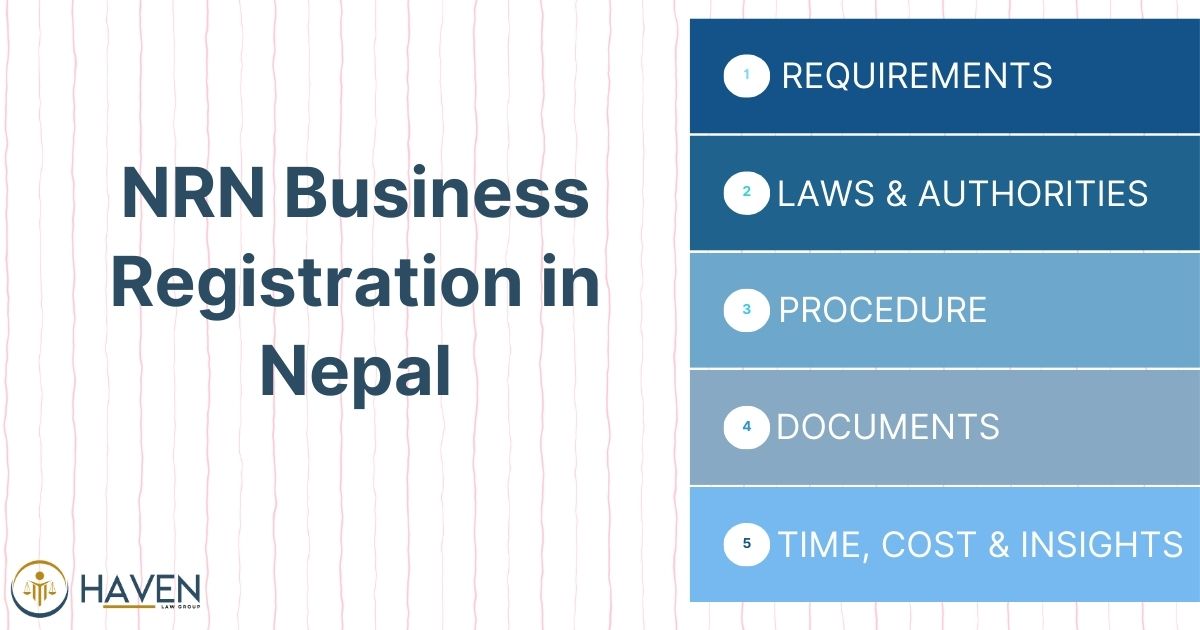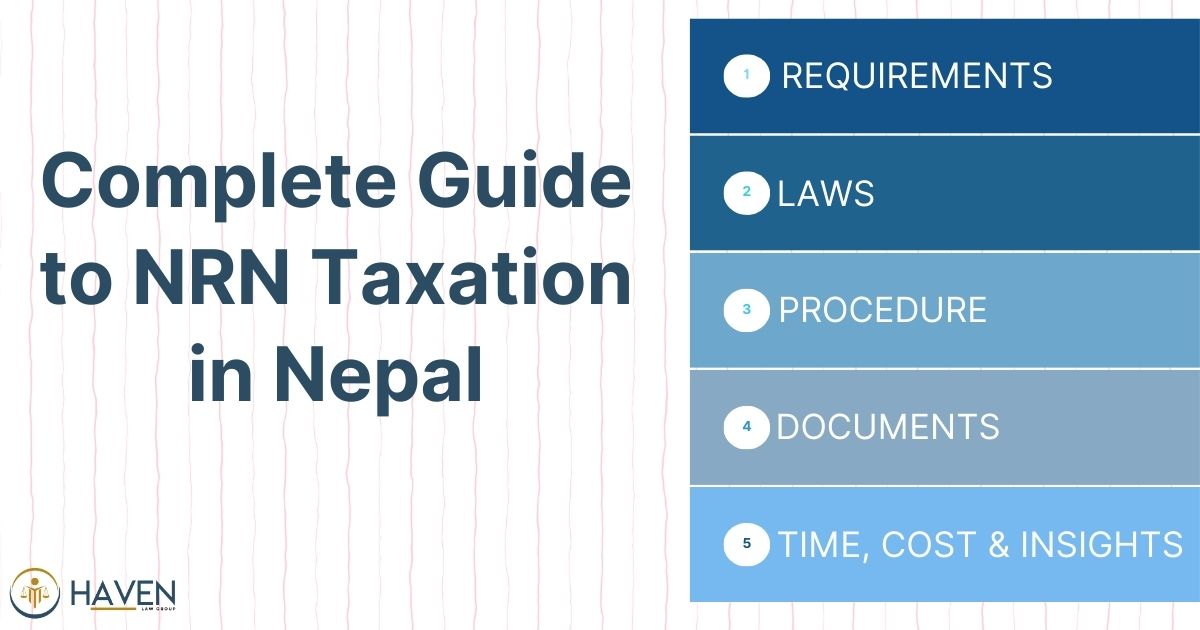The legal profession in Nepal plays a vital role in upholding justice, protecting rights, and ensuring the rule of law. Lawyers in Nepal are licensed professionals who provide legal advice, represent clients in court, and assist in various legal matters. The legal system in Nepal is based on a combination of common law, civil law, and customary practices.
Qualifications and Requirements for Lawyers in Nepal
To become a lawyer in Nepal, individuals must meet specific qualifications and requirements:
- Complete a Bachelor of Laws (LLB) degree from a recognized university
- Pass the Bar Council examination conducted by the Nepal Bar Council
- Complete a one-year apprenticeship under a senior advocate
- Register with the Nepal Bar Council as a licensed lawyer
The Nepal Bar Council regulates the legal profession and ensures that lawyers maintain ethical standards and professional conduct.
Types of Lawyers in Nepal
Nepal has various types of lawyers specializing in different areas of law:
- Corporate lawyers
- Criminal defense attorneys
- Civil litigation lawyers
- Family law practitioners
- Intellectual property lawyers
- Human rights lawyers
- Tax lawyers
- Environmental lawyers

Each type of lawyer focuses on specific legal areas, providing specialized services to clients based on their needs.
Role of Lawyers in the Nepalese Legal System
Lawyers in Nepal perform several essential functions within the legal system:
- Providing legal advice to clients
- Representing clients in court proceedings
- Drafting legal documents and contracts
- Negotiating settlements and agreements
- Conducting legal research and analysis
- Advocating for policy changes and legal reforms
- Protecting the rights of individuals and organizations
Lawyers play a crucial role in ensuring access to justice and maintaining the integrity of the legal system in Nepal.
Legal Education and Training in Nepal
Legal education in Nepal consists of:
- A five-year Bachelor of Laws (LLB) program
- A two-year Master of Laws (LLM) program for advanced specialization
- Continuing legal education programs for practicing lawyers
Law schools in Nepal focus on providing students with a strong foundation in legal principles, research skills, and practical knowledge of the Nepalese legal system.
Professional Organizations for Lawyers in Nepal
Several professional organizations support lawyers in Nepal:
- Nepal Bar Association
- Supreme Court Bar Association
- District Bar Associations
- Women Lawyers Association of Nepal
- Constitutional Lawyers Forum
These organizations provide networking opportunities, professional development resources, and advocacy for the legal profession.
Challenges Faced by Lawyers in Nepal
Lawyers in Nepal face various challenges in their practice:
- Limited access to legal resources and technology
- Overcrowded court systems and case backlogs
- Political instability and frequent changes in laws
- Lack of specialized training in emerging legal areas
- Inadequate legal aid services for underprivileged clients
Addressing these challenges requires ongoing efforts from the legal community and government institutions.
Legal Aid and Pro Bono Services in Nepal
Lawyers in Nepal contribute to providing legal aid and pro bono services:
- Free legal assistance to underprivileged individuals
- Representation in public interest litigation cases
- Legal awareness programs for marginalized communities
- Collaboration with NGOs and civil society organizations
These services help ensure access to justice for all segments of Nepalese society.
Ethics and Professional Conduct for Lawyers in Nepal
The Nepal Bar Council enforces a code of ethics and professional conduct for lawyers:
- Maintaining client confidentiality
- Avoiding conflicts of interest
- Providing competent legal services
- Upholding the integrity of the legal profession
- Respecting the court and judicial processes
Adherence to these ethical standards is essential for maintaining public trust in the legal profession.
Career Opportunities for Lawyers in Nepal
Lawyers in Nepal have various career opportunities:
- Private law practice
- Corporate legal departments
- Government legal services
- Judiciary and court administration
- Legal academia and research
- International organizations and NGOs
- Legal consultancy and advisory services
The diverse range of career paths allows lawyers to pursue their interests and specializations within the legal field.
Technology and the Legal Profession in Nepal
The adoption of technology in the legal profession in Nepal is gradually increasing:
- Online legal research databases
- Case management software
- E-filing systems in courts
- Virtual court hearings and online dispute resolution
- Legal practice management tools
Embracing technology helps lawyers improve efficiency and provide better services to their clients.
International Collaboration and Exchange Programs
Nepalese lawyers participate in international collaboration and exchange programs:
- Attending international legal conferences
- Participating in cross-border legal projects
- Engaging in legal research collaborations
- Studying abroad for advanced legal degrees
- Joining international law associations and networks
These opportunities enhance the global perspective and expertise of Nepalese lawyers.
Future Trends in the Legal Profession in Nepal
The legal profession in Nepal is evolving with emerging trends:
- Specialization in niche legal areas
- Increased focus on alternative dispute resolution
- Growing demand for environmental and climate change law expertise
- Emphasis on legal tech and digital transformation
- Greater collaboration between lawyers and other professionals
Adapting to these trends will be essential for lawyers to remain competitive and relevant in the changing legal landscape.








